Is it better in life to be absolutely unknown, or to be well known for being an absolute eejit?
I only ask because of Lee Wassisname. No, not Lee Mack – he’s razor sharp – Anderson!
Lee Anderson, the Conservative – obviously – MP for Ashfield, who declared food banks unnecessary because the real problem is that people can’t cook. Correct for the wrong reason, caller.
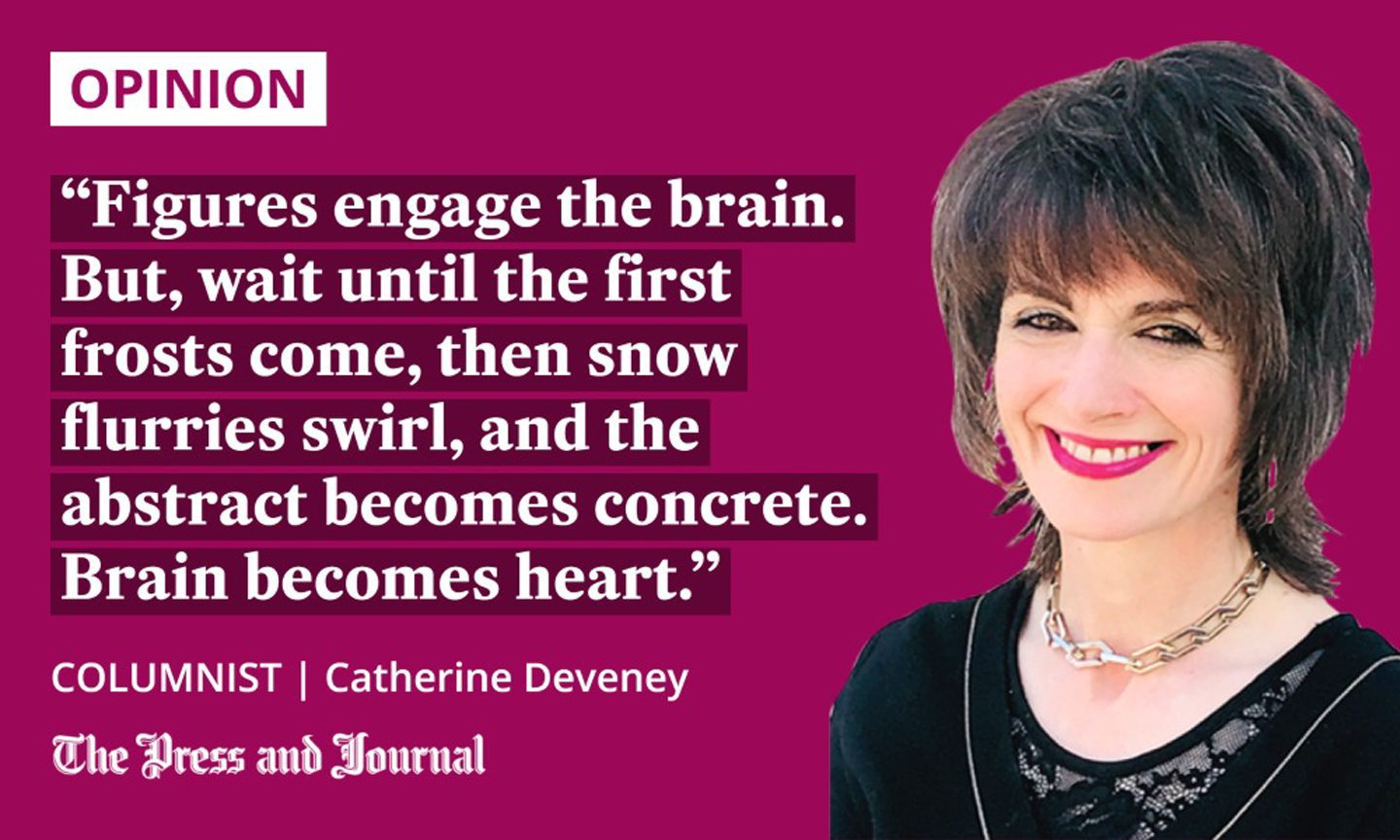
They can’t cook because they can’t afford the energy, even when the Iceland supermarket chain boss, Richard Walker, wanted to donate free food. Though, certainly, Anderson’s hot air might be a potential solution to the nation’s energy crisis.
It is a crisis that will result in deaths – no question – though the onset of summer is enabling a national head-in-the-sand approach to future fatalities.
Right now, everything is abstract: percentage increases in gas prices (17.1%); in electricity prices (8.1%); in numbers using food banks within the Trussell Trust’s network during the last five years (81%). Numbers of families living in fuel poverty in England? 13%. In Scotland, where the climate is harsher? A whopping 25%.
Figures engage the brain. But, wait until the first frosts come, then snow flurries swirl, and the abstract becomes concrete. Brain becomes heart.
What century are we living in?
Wait until we hear of a pensioner dying alone of hypothermia, or a family without power because they can’t afford the bills, or those with underlying health conditions whose health deteriorates, or a parent can’t who afford to run their child’s dialysis machine anymore.
BP’s chief financial officer said earlier this year: ‘Certainly, it’s possible that we’re getting more cash than we know what to do with’
Perhaps then the outcry will be deafening enough to force our millionaire chancellor, Rishi Sunak, to impose a windfall tax on energy companies.
Because I’ll tell you what isn’t abstract. There is nothing notional about the profits of the energy companies. Shell made £7.3 billion in the first three months of this year alone, nearly treble last year’s profit for the same period.
BP and Total Energies also announced sharp increases, with Murray Auchincloss, BP’s chief financial officer, saying earlier this year: “Certainly, it’s possible that we’re getting more cash than we know what to do with.”
Let me help you, Mr Auchincloss. Cut your profits and reduce your prices. Lend a hand to those highlighted this week by the food bank charity, Feeding Britain, who reported cases of destitute people disconnecting their own energy supplies to Ofgem.
No heating, no lighting, no hot water for washing or laundry. What century are we living in?
One case was a single mother who had a bill of just £15.75. Alongside that, your little problem of how to manage the extra cash that energy companies are rolling around in, like pigs in muck, is simply obscene.
1 in 10 families can’t afford food
Certain sectors cannot be allowed to make unhealthy profits that hold entire societies to ransom. The pharmaceutical industry is one. The energy industry is another.
There are human values that cannot be overridden by the posh boys from Oxbridge who currently rule Westminster and are too frightened to turn the screws on the energy giants, yet are content to let the energy companies turn the screws on the poor.
Earlier this year, Channel 4 revealed that, while one in 10 families could not afford enough food, BP had paid no tax on North Sea oil and gas for five years.
In 2020, the energy companies spent just 1% of their capital expenditure investing in clean energy, according to the International Energy Association.
Currently, the world is struggling to limit the rise in global temperature to 1.5C. If energy companies’ current project option were all fulfilled, the rise would exceed 2.7C.
How much nutrition do you get for 30 pence?
The jauntily-phrased “cost of living crisis” – amazing how cheerful a little alliteration makes things sound – is simply not a real thing in the Tory Toytown inhabited by Lee Anderson.
I wouldn’t eat it, so why would I think anyone else deserved to?
Who knew that becoming an MP gave you automatic entry into Masterchef? “And what we do at the food bank,” he says, in what we must all suspect is a glorious example of the royal “we”, “We show them how to cook cheap and nutritious meals on a budget. We can make a meal for about 30 pence.”
What’s he making? Dry toast from a yellow sticker mini-loaf? How much nutrition do you get for 30 pence?
I once picked up a brown bag food donation, readymade by the supermarket. Great idea, I thought. Then I looked inside. Tinned goo. I wouldn’t eat it, so why would I think anyone else deserved to?
Lee Anderson making outrageous, libellous statements is he? And Martin Daubney encouraging and promoting them. Excellent. @mlewislawyer – got a job for you pal. https://t.co/29DIS0Cs9W
— Jack Monroe (@BootstrapCook) May 13, 2022
The Larder, nominated for Scotland’s charity of the year, focuses on creating proper, nutritious meals for food bank users, rejecting the offensive notion of poor food for poor people. Worth a vote.
This week, Anderson was challenged by Jack Monroe, the anti-poverty campaigner and budget cooking expert, after Anderson claimed Monroe is “taking money off some of the most vulnerable people in society and making an absolute fortune”.
Monroe is now suing. Delicious! Let’s hope that Anderson is forced to eat some – rather expensive – humble pie.
Catherine Deveney is an award-winning investigative journalist, novelist and television presenter
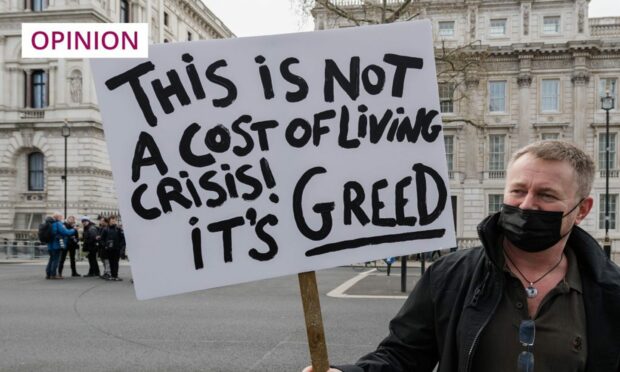
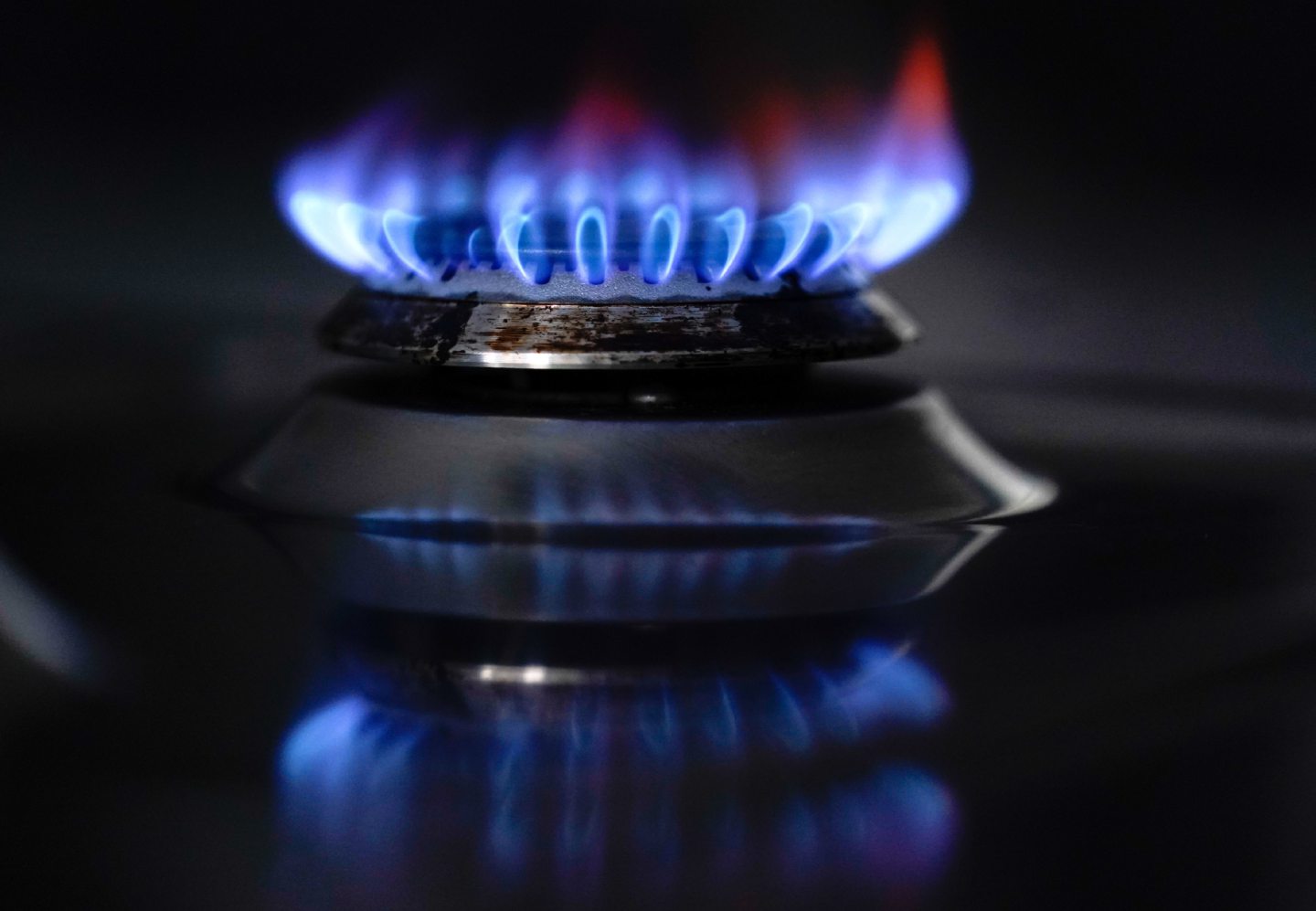
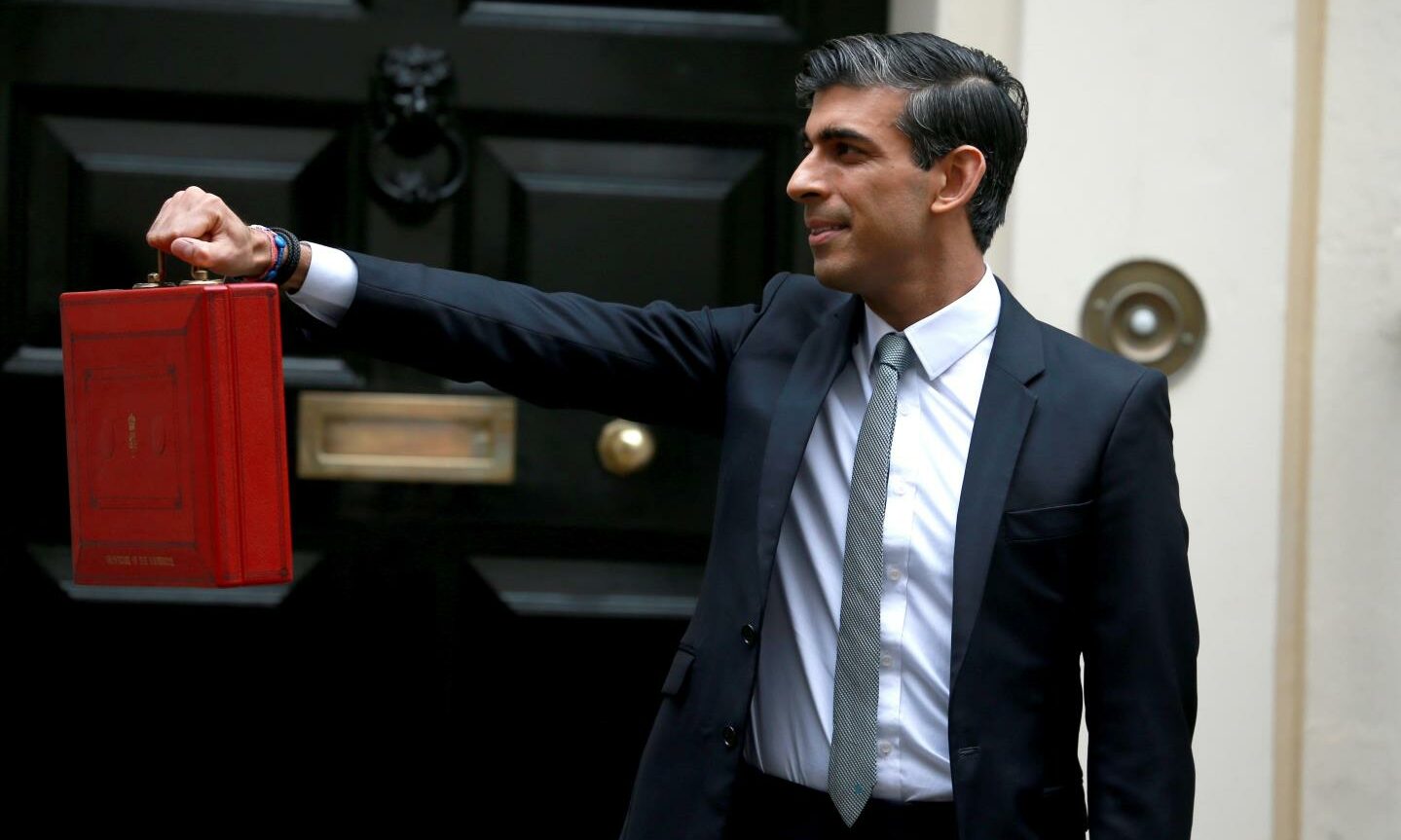
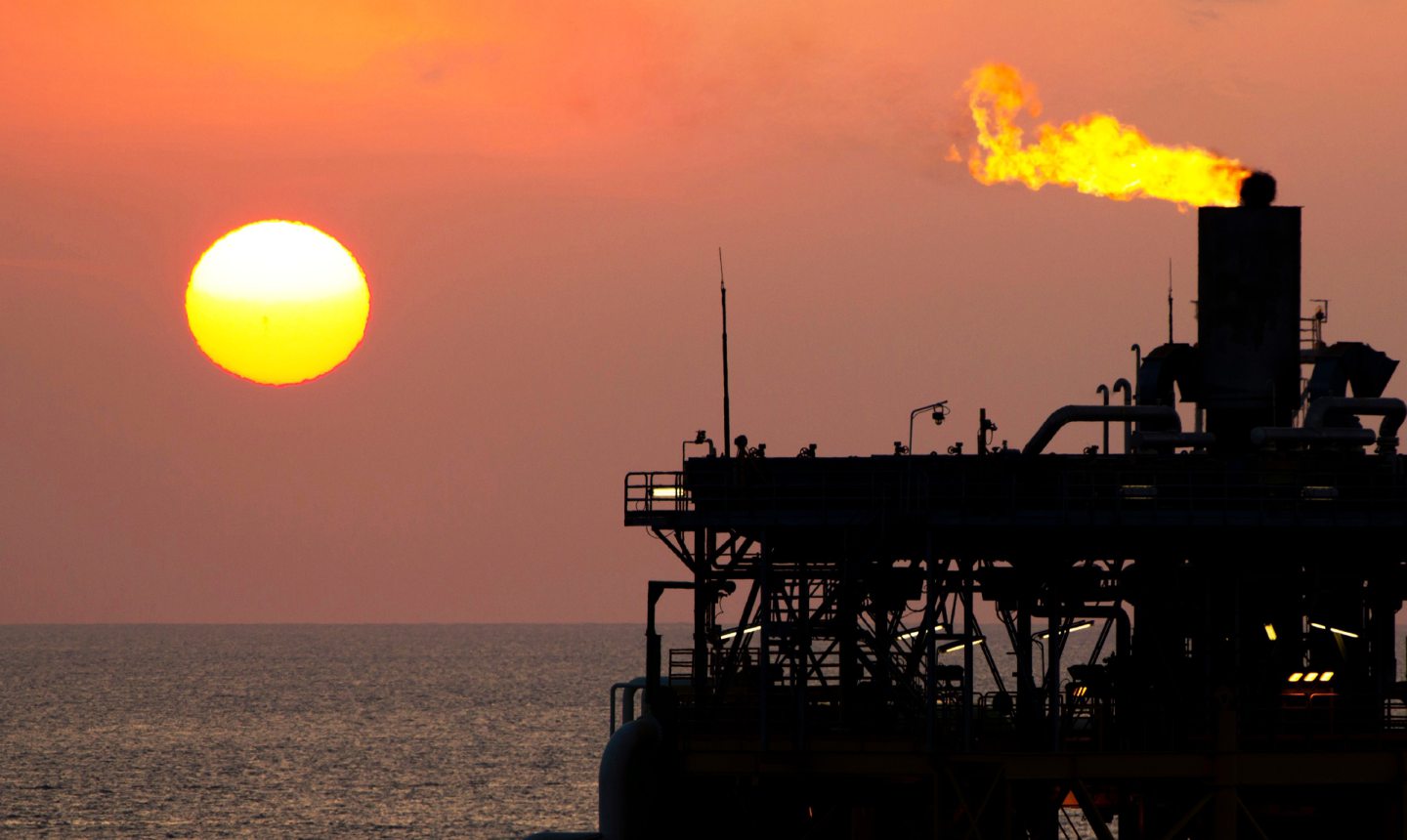
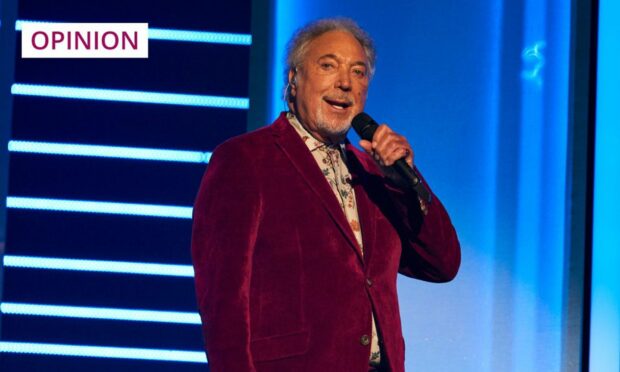

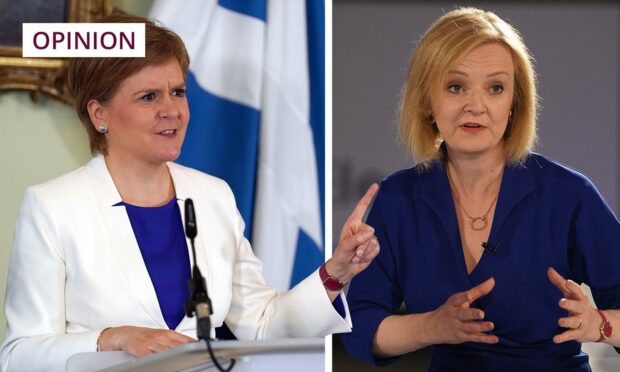
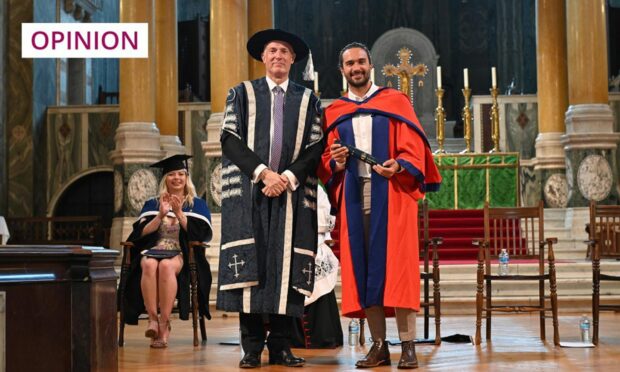
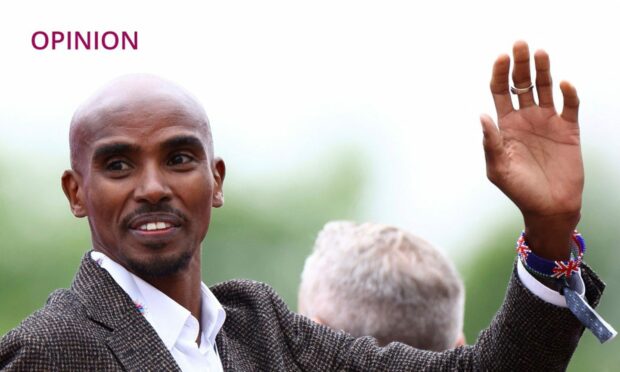
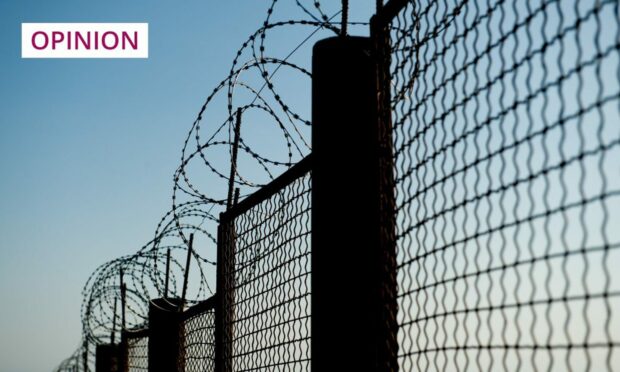





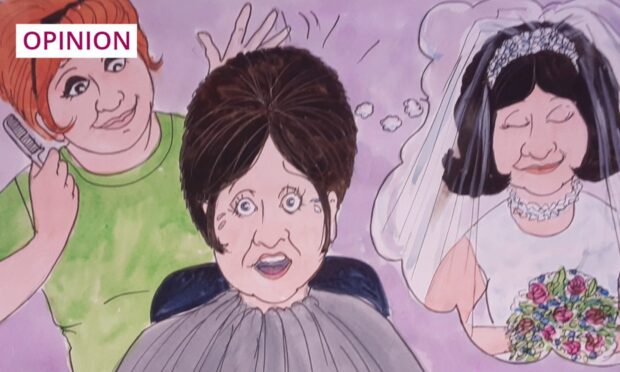
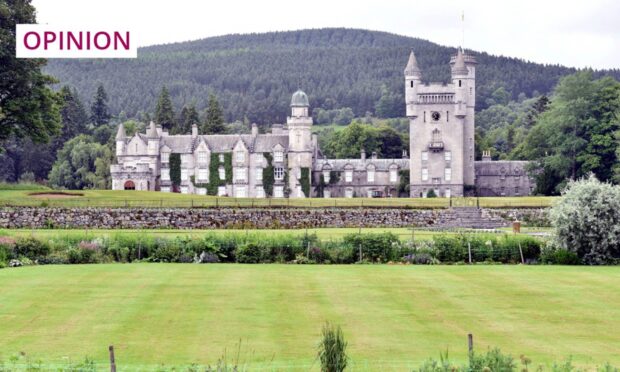
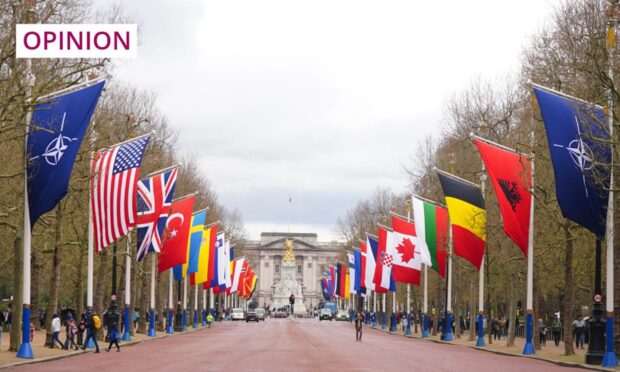
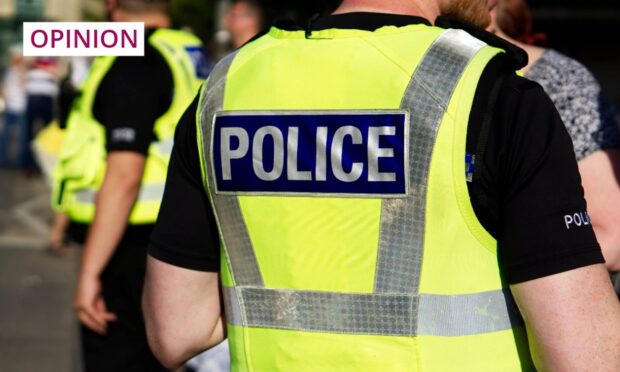
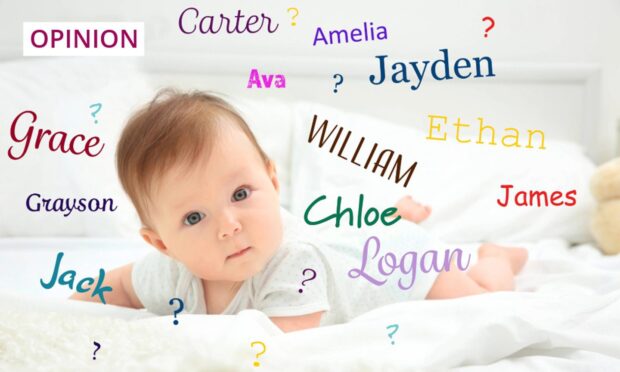
Conversation